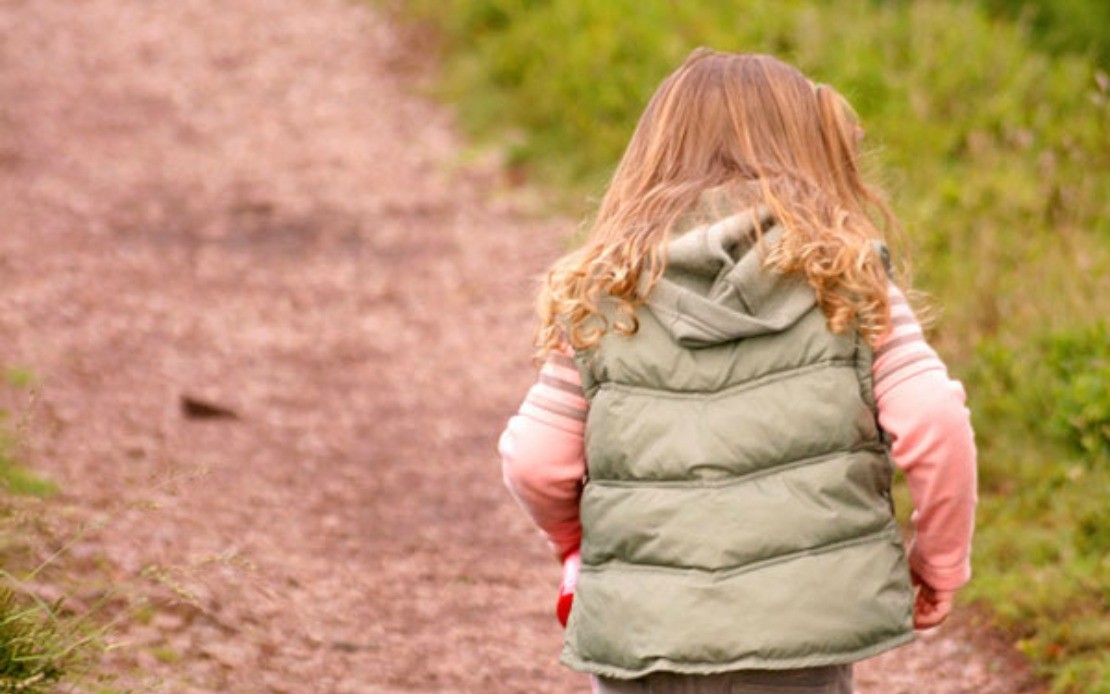
Scientists in the Making
Hypothesis hy-poth-e-sis (hahy-poth-uh-sis)
Plural: Hypotheses (seez)
Definition: A proposition or set of propositions, set forth as an explanation for the occurrence of some specific group or phenomena, either asserted merely as a provisional conjecture to guide investigation (working hypothesis) or accepted as highly probable in the light of established facts.
- A proposition assumed as a premise in an argument
- The antecedent of a conditional proposition
- A mere assumption or guess
Let’s learn what it means to hypothesis. Children are natural scientist, curious and inquisitive. Even young toddlers will want to guess at what might happen in a certain situation and look on with great interest to see the results. Situations where questions can be asked and outcomes observed immediately are the best for the very young. What will happen if I mix two colors together? Why do feathers float and pennies sink when I put them in water?
Older children can begin a thorough study of a particular subject matter that they find interesting by starting with hypotheses. Will plants grow without sun or water? What happens to the plant roots in the winter? Perhaps they have pondered a question or problem and need help sorting out the answer. As scientists they can ask questions. Seek solutions and record their findings. This is a simple project that fosters curiosity, problem solving, study habit development while creating a sense of accomplishment and self esteem. Besides, what kid in the world doesn’t want to be a scientist and start an exploration?
Designating an official journal or notebook for scientific investigations and explorations is a good start. These budding scientists should start by asking a question and then asking others the same question. When they have put together what they already know about the subject matter along with what they have gathered from others they are beginning the process of forming their hypothesis. Now they can record their questions and feedback in their journals and set about doing their investigation. Depending on the question and resources at hand they could test for proposed outcomes or seek to find answers to questions and problems by reading, visiting the library or doing research on the computer.
Collecting related items and cataloging them is also a lot of fun and very scientific.







